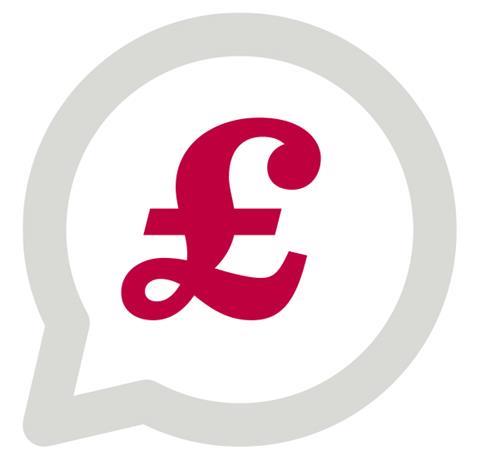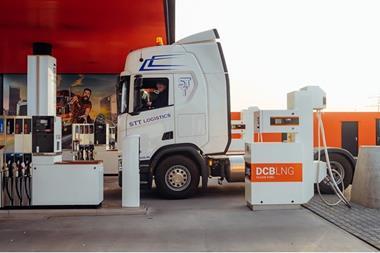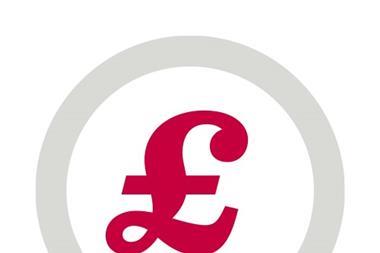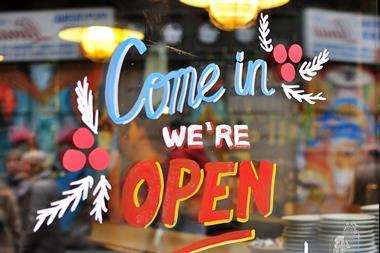
It would seem that “Covid” has disappeared from the news in the last few weeks even more rapidly than it arrived, more than two years ago – although some experts are quietly warning that this might be only a temporary relief, until the next variant arrives.
Ordinarily that should have led to a positive outlook for businesses – particularly retail business - in the UK, looking forward to a summer without any travel restrictions for the first time since 2019, and fewer staff shortages than recently. However, we aren’t living in ‘ordinary’ times.
From the start of this year, we’d seen inflation running at a 30-year high, with the Bank of England and most economists predicting it to stay at around the 6% per year level throughout 2022 and beyond. And then interest rates started to go up. Add to that global energy price rises which were already having a noticeable impact on manufacturing and distribution costs – as well of course as on consumers’ disposable incomes. If that wasn’t enough: manufacturing, distribution and retail were starting to complain about some of the consequences of Brexit – essentially shortages of products at least in part due to the trade barriers and increased customs paperwork with which the UK has now surrounded itself.
So, the outlook for the economy, particularly here in the UK, wasn’t looking too great just a few days ago. And then the Russians invaded the Ukraine.
Even those among us who don’t necessarily believe this is the slow-motion start of World War 3 should understand that the repercussions on the global economy – and hence for the economic future here in the UK – are likely to be severely negative. The ‘West’ (US, EU and UK) have threatened ‘severe’ sanctions against Russia; the problem is that any sanctions work two ways. According to respectable sources Russia supplies approximately 25% of all the crude oil and 35% of all the natural gas used in Western Europe. As for the UK alone, the figures are estimated to be around 6% of crude oil and 5% of natural gas. Don’t be lulled into thinking that just because the UK’s proportions are quite low, that makes us ‘safe’…
It isn’t unreasonable to imagine that those energy supplies are going to be disrupted (at least) or even completely halted, possibly for an indefinite period. At the time of writing that hasn’t yet happened, but we’ve already seen crude oil prices go over the $100 per barrel mark for the first time in seven years. That may only be the beginning. Even if other major producers (in the Middle East, South America, US, etc) step up production to try and make good some of the shortfall, that takes time. It also takes time to physically switch to processing new supplies when they become available. In the meantime, worldwide prices of oil and gas are likely to increase dramatically – and there may well be physical shortages of energy products regardless of how much anyone is willing to pay for them.
Those who are already making loud noises about UK pump prices going over £1.50ppl might just look back in a few weeks and consider that a price they’d be (relatively) happy to see again. Without wishing to scare-monger, it’s not beyond the bounds of reasonableness that we could see panic-buying on forecourts again, and a price not far south of £2.00pl before the end of March – assuming of course that the Russians don’t do a quick retreat before then, or that ‘the West’ proves reluctant to actually enforce the ‘severe’ sanctions that the politicians are threatening.
Naturally we’ve concentrated on oil and gas availability and prices: they are likely to cause the most immediately-felt impact, not least on the forecourt. However, there are other problems which also have a potential impact on the wider economy and businesses. Both Russia and Ukraine are major world suppliers of other commodities used widely in ‘the West’. From aluminium and nickel, through fertilisers and cereals, these commodities are vital to farming and manufacturing processes. Anything – whether ‘war’ or ‘sanctions’- that cuts off supplies of these commodities will have an impact here. It may take longer than oil and gas, but will have a similar impact on producers and consumers here. Again, in the medium-longer term, alternative sources can be found – and again, in the meantime shortages mean disruption and price-hikes.
Away from ‘consumers’, whatever financial sanctions are imposed on the Russians will have knock-on effects on the financial system here and elsewhere. While British banks aren’t considered to have major exposure to loans in Russia, the situation may be riskier in relation to less well-known investment funds and trusts – and if the Russians retaliate to any sanctions by freezing their assets, then it will affect the UK stock market (just for example) and eventually pensions (again, just as an example).
What all of this does to previous predictions of inflation (and hence consumers’ spending power) for the rest of this year (and beyond) is anybody’s guess. Of course, it depends on how long the present crisis continues. However, there was already a belated recognition among politicians and strategists in ‘the West’ that we’ve allowed ourselves to become too reliant on what they politely call ‘adversaries’ (in the case of China) or ‘hostile states’ (Russia, in this instance) for essential supplies of energy, raw materials, manufactured technology, etc. Even before the present crisis, there was quiet movement in the background to reduce this reliance - albeit with the acknowledgement that this would come at a cost. What the Russians have (probably inadvertently) managed to do is to reinforce this view; so even if the current situation is resolved quickly, in the longer-term the trend to finding ‘safe’ supplies of essential commodities will continue at an accelerated pace. And that means we can all expect to be paying more for a very wide range of goods and services in future.
EKW Group provides accounting and payroll solutions for independent petroleum and convenience dealers, including fully outsourced accounting options:
01942 816512
ekwgroup.co.uk

































No comments yet